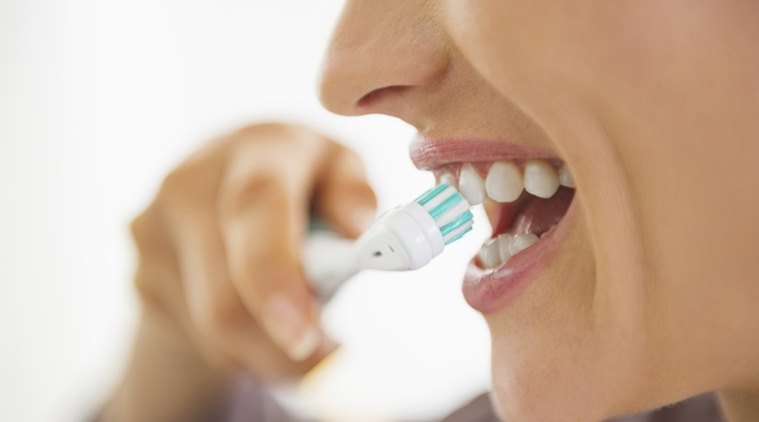Previous studies suggest that poor oral hygiene leads to bacteria in the blood, causing inflammation in the body, the researchers said.

Brushing teeth three or more times a day may be associated with a lower risk of irregular heartbeat and heart failure, according to a study carried out in South Korea.
Previous studies suggest that poor oral hygiene leads to bacteria in the blood, causing inflammation in the body, the researchers said.
Inflammation increases the risks of atrial fibrillation or irregular heartbeat, and heart failure — a condition where the heart’s ability to pump blood or relax, and fill with blood is impaired, they said.
The latest study, published on Monday in the European Journal of Preventive Cardiology, examined the connection between oral hygiene and occurrence of these two conditions.
The research enrolled 161,286 participants of the Korean National Health Insurance System aged 40 to 79 with no history of atrial fibrillation or heart failure.
Participants underwent a routine medical examination between 2003 and 2004.
Information was collected on height, weight, laboratory tests, illnesses, lifestyle, oral health, and oral hygiene behaviours.
Have sensitive teeth? Here is how you can find relief
During a follow-up of 10.5 years, 4,911 (3 per cent) participants developed atrial fibrillation and 7,971 (4.9 per cent) developed heart failure.
Tooth brushing three or more times a day was associated with a 10 per cent lower risk of atrial fibrillation and a 12 per cent reduced risk of heart failure during the same time, the study found.
Senior author Tae-Jin Song, from the Ewha Woman’s University in South Korea, noted that the analysis was limited to one country, and as an observational study does not prove causation.
“We studied a large group over a long period, which adds strength to our findings,” he said.
The findings were independent of a number of factors including age, sex, socioeconomic status, regular exercise, alcohol consumption, body mass index, and disorders such as hypertension, the researchers noted.
While the study did not investigate mechanisms, one possibility is that frequent tooth brushing reduces bacteria in the subgingival biofilm — bacteria living in the pocket between the teeth and gums — thereby preventing translocation to the bloodstream.
Source: Read Full Article
